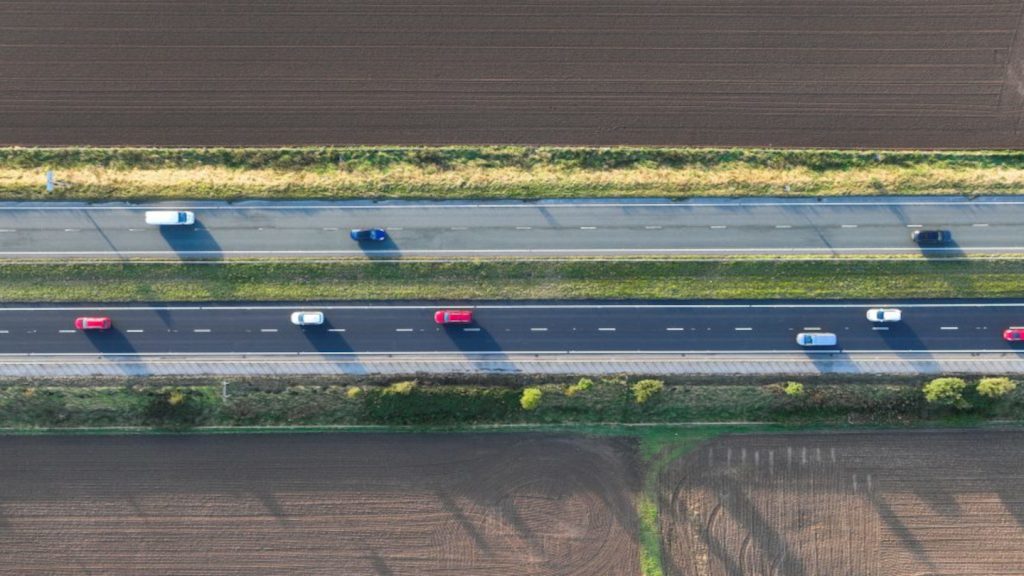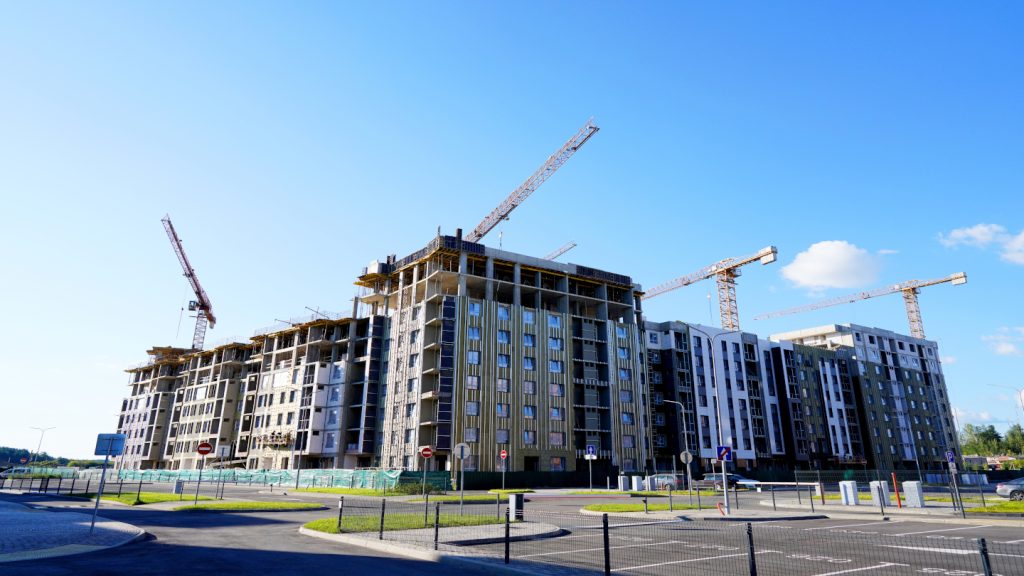The UK has set a new benchmark in sustainable road construction with the A64 trial resurfacing, achieving a 75% reduction in carbon emissions.
This project, a collaboration between Tarmac, a sustainable building materials and construction solutions business, and National Highways, along with its supply chain partners, avoids the use of carbon offsetting.
The initiative was implemented on a 1.5-mile stretch of the A64 eastbound carriageway at junction 44 near Bramham, North Yorkshire.
Over seven days, the team utilised an array of innovative approaches, including low-carbon materials and advanced paving technology, to realise more than 260 tonnes of carbon savings.
A significant portion of this carbon reduction, 41.3%, was attained through the use of low-carbon raw materials. Transport and paving processes, which incorporated electric plant equipment, contributed a 14.7% reduction, and sustainable manufacturing techniques accounted for 44%.
The project featured the use of warm mix asphalt and a novel 'carbon sink' biocomponent binder from Shell, which effectively captured carbon within the road infrastructure.
The pavement layers included up to 40% recycled asphalt planings, diminishing the demand for new, primary materials.
The scheme also saw the deployment of zero-emission plant vehicles such as electric and hybrid road rollers and an electric bond coat sprayer, which not only cut down carbon dioxide emissions but also minimised noise pollution.
Tarmac's Cross Green asphalt plant in Leeds, England, which was responsible for producing many of the site's materials, operated on biofuel and clean electricity.
Tarmac national technical director Brian Kent said: “This trial sets a blueprint for low-carbon delivery on the strategic road network and the exacting requirements of decarbonising every element of highways maintenance. It demonstrates how shorter, more focused use of road networks can improve efficiency, boost productivity and minimise nighttime closures, reducing disruption for road users.
“The ambitions of this scheme reflect our commitment to delivering not only low-carbon pavements but also the significant benefits of new delivery models which will be essential as part of the transition to net zero.”
National Highways Carbon and Air Quality Group head Angela Halliwell added: “National Highways has ambitious plans, backed by science, to decarbonise the road network. We aim to achieve net zero for our corporate emissions by 2030, for our maintenance and construction activities by 2040, and for our whole network by 2050.
“A net-zero Britain will still travel by road, and finding low-carbon ways to maintain our road network is vital. National Highways’ carbon management system and low-carbon opportunities register capture innovations like those used on this project, with the intention to make them standard procedure across the road network in future.”















